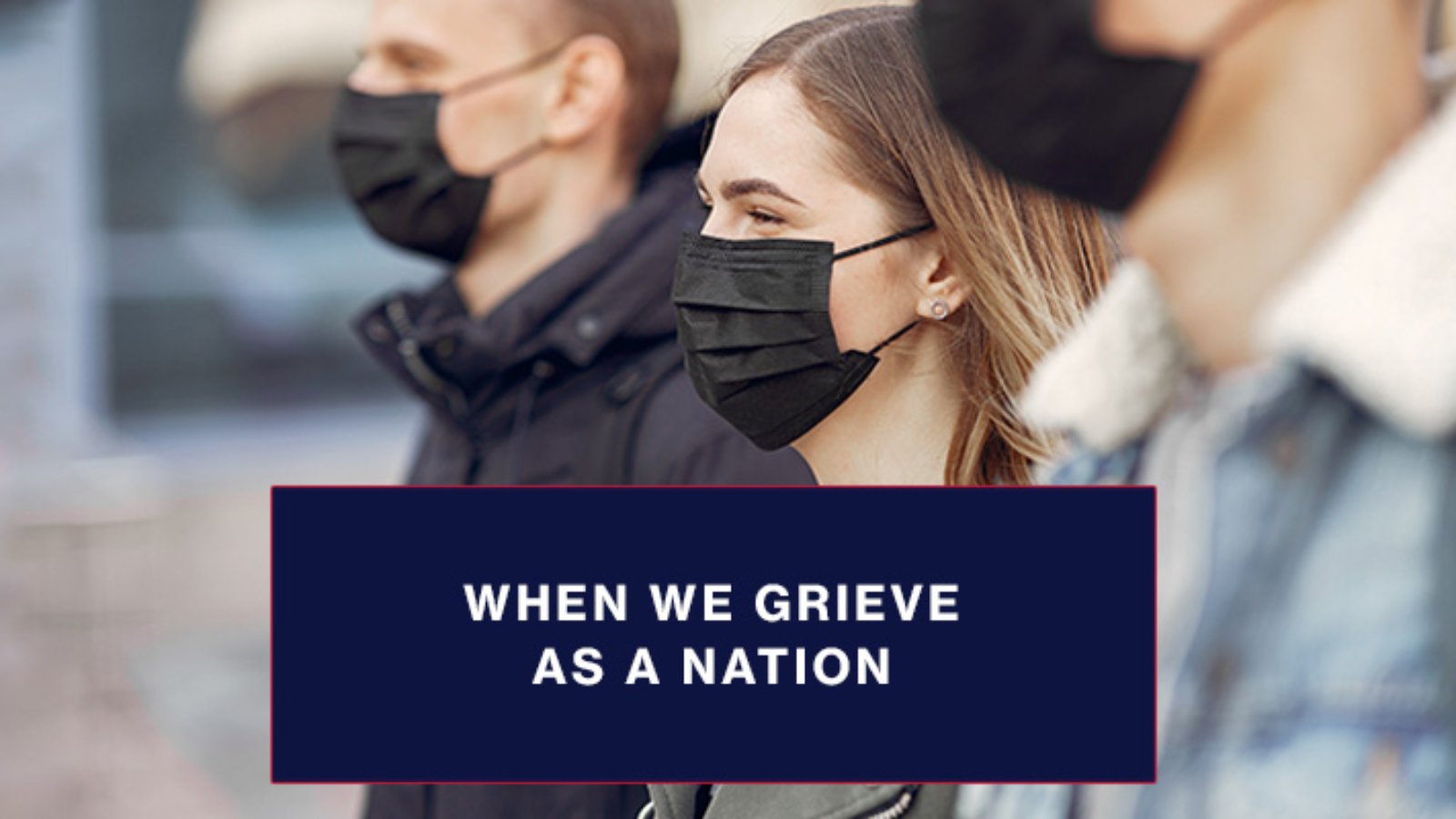This year has been a time in which we have all lost something in our lives. What can we do when we grieve as a nation? We are experiencing what is called collective grief. What does that mean? Collective grief happens when a community, society, village, or nation experiences extreme change or loss. This was our experience throughout 2020 with COVID-19.
Many people are dealing with individual losses this year, such as illnesses, death, unemployment, losing their freedom, the sense of predictability, control, justice, and losing the belief that we can protect our loved ones. But even if you have not lost any of these things, as a community, we are experiencing collective grief because when our neighbor suffers, we all suffer and grieve too. We are human beings, and we feel the impact of other people’s pain.
Things to consider as we grieve
- Grief is natural: it is about turning inward, recalibrating, and thinking about how we need to adapt to the situation.
- Also, grief is transient: the process is not linear.
- Grief is an individual experience: we all grieve differently from each other.
Physical symptoms of grief
- Fatigue
- Nausea
- Lowered immunity
- Weight loss or weight gain
- Aches and pains
- Insomnia
Stages of grieving (Davidsen-Nielsen)
- Accepting that the loss is a reality
- Entering into the emotions of grief
- Acquiring new skills
- Reinvesting energy in new ways
How to deal with grieving
- Face your feelings
- Express your feelings in a tangible way
- Do not let anyone tell you how to feel, and do not tell yourself how to feel either
- Take care of your physical health
- Plan ahead for grief “triggers”
- If grief does not go away, seek professional help


